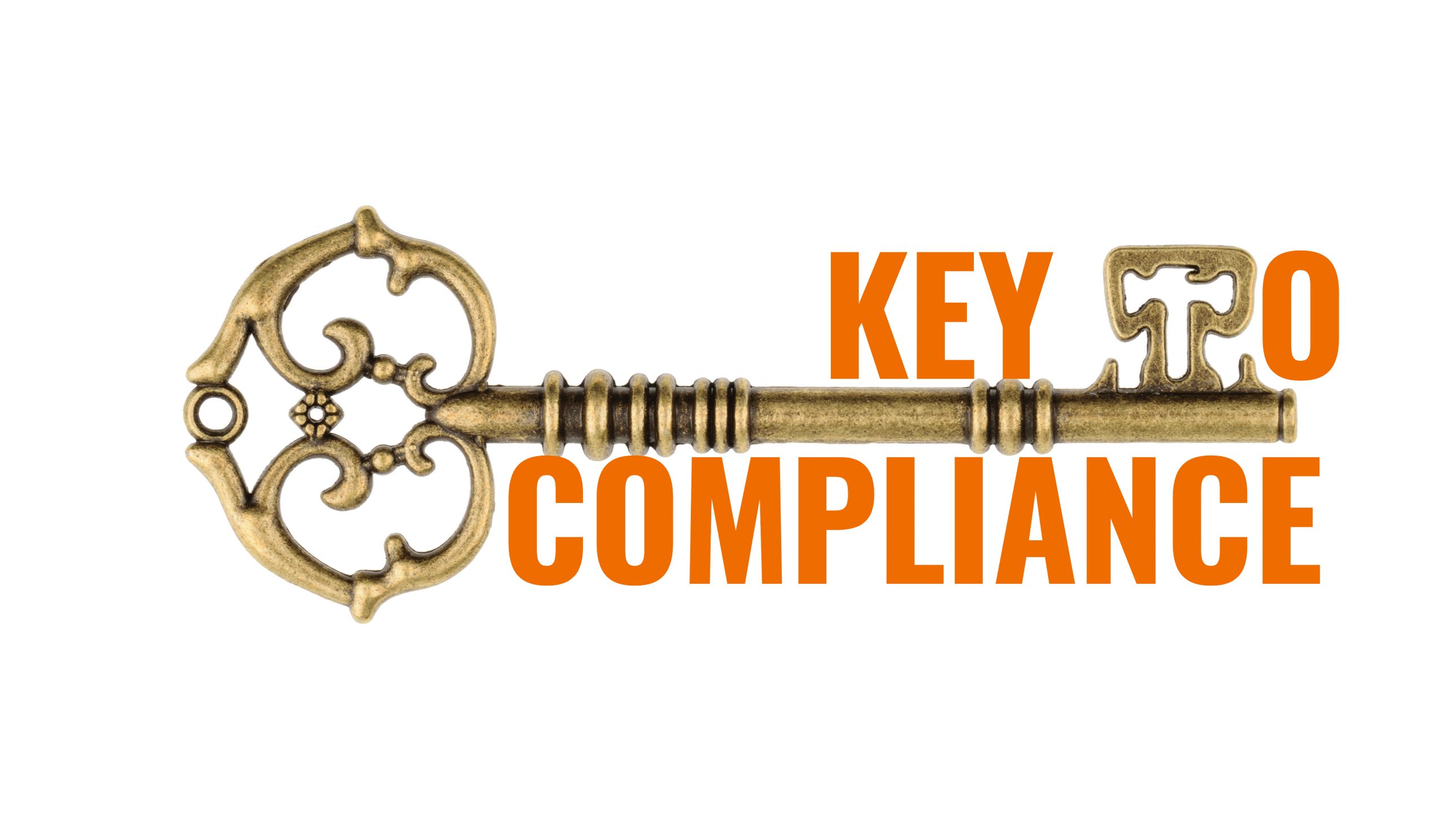This is a collection of facts from different experts and not the whole thing, there might be other dos and don’ts other than these applicable as per particular situation.
Dos
- Present business card
- Be prepared
- Be organized
- Be calm
- Be professional
- Be confident
- Have Scribe present at all times during the interview
- Leave as soon as interview is over
- Listen carefully and repeat the question or ask it to be repeated, if necessary
- Answer completely, directly and honestly
- Speak slowly and clearly
- Speak only for your area of expertise
- Know your procedures
- Examine the credentials of the inspector, and establish the purpose of the inspection (e.g., routine, for cause, or survey).
- Immediately inform corporate management and staff that an inspection is under way, and tell these individuals what the purpose of the inspection is.
- Work out a rough schedule for the visit so that key personnel can be made available
- Be able to verify everything you say
- Prepare everyone in the firm who might come into contact with the inspector.
- Train all such individuals with the procedures to be followed during the inspection
- make sure all understand the role of the inspection coordinator.
- Familiarize these individuals with a list of inspection do’s and don’ts
- Inspection co-ordinator must stay all the time with the inspectors.
- Inspection co-ordinator should have a runner to fetch information which is not in hand or to inform other about the stage of the inspection.
- Inspection co-ordinator should think that he/she is the company as far as investigator is concerned
- be positive in attitude and speak with authority and confidence
- Interact with other company employees – those working in the plant as well as those in staff groups.
- Effectively guide questions posed by the inspector to people with both the knowledge and the verbal skills to answer them.
- smoothly challenge inappropriate questions immediately.
- Focus on the positive aspects of a situation rather than getting defensive about negative aspects
- Communicate inspection results on a continuing basis.Summarize the results more formally after the inspection is complete
- Expect what you say to be documented in FDA field notebook
- communicate clearly that there will be full cooperation within the law
- Give Complete responses to valid questions, be open to the investigator’s point of view
- Have a writtent policy about responsibilities
- Representatives of the corporate quality, regulatory affairs, and legal departments are immediately informed that an inspection is taking place and are told what the purpose of that inspection is
- Allow copying of records and access to a copier
- Keep a second copy and attach to the inspection coordinator’s report
- Allow FDA to take sample and retain a copy of sample and receipt
- Follow up to see that all written comments (e.g., 483s) and verbal comments have been addressed and resolved
Don’ts
- Do not make casual conversation
- Do not assume the investigator is your “buddy”
- Do not guess or make up an answer
- Do not lie
- Do not volunteer more information than necessary to completely answer the question
- do not answer in way that looks to be rehearsed or artifical
- Do not make faces or jokes about company’s expenses
- Make the auditor wait for the information
- Override a liasion decision infront of auditors
- Do not show auditors , your computers, but under FDA inspectors can see your comupter in a proper setting with proper personnel who are familiar with your systems present with them
- Do not speculate. Don’t be afraid to find information and give it to the investigator later
- Do not assume to know what the investigator means
- Ask for clarification, examples or specifies
- Do not conduct the inspection for the investigator
- Never question the investigator’s authority
- Never argue or raise your voice
- Bring several people into conference room and have several conversations going on at one time
- Provide documents with post-it notes, etc.
- Do not agree or volunteer to change a procedure or practice without first discussing with Management
- Respond to questions that are improper or outside your area of expertise or authority
- Threaten to contact the investigator’s boss if conflict develops.
- Allow Photographs
- do not forget to make a decision which items to be given to inspectors, which to show and retain and which is to be exclusively used by co-ordinator
- uncontrolled interchanges between personnel and the inspector
